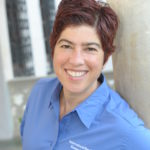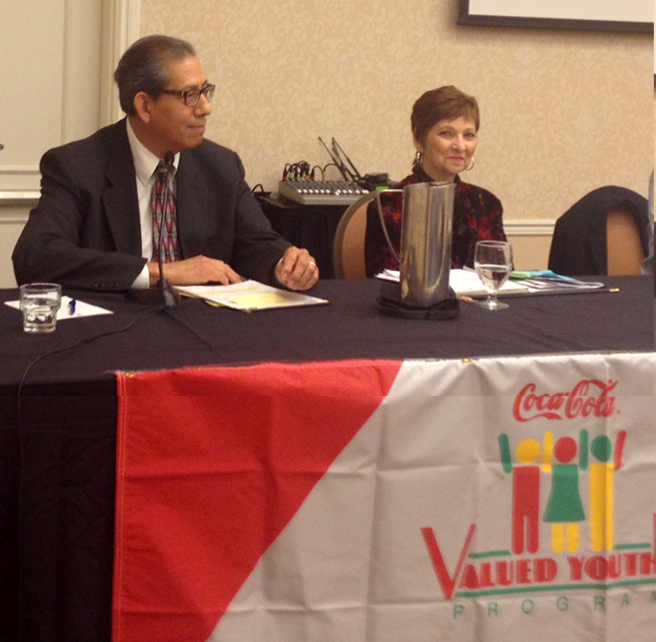
The Art of Writing – Tips for Teachers Part 2 – Podcast Episode 137 | Classnotes Podcast 137
Podcast: Play in new window | Download
 Classnotes Podcast (March 31, 2014) During many of the IDRA Coca-Cola Valued Youth Program’s 30 years, students have written essays about how the program has affected their lives and their tutees. For this year’s anniversary celebration, we invited three distinguished authors – San Antonio Poet Laureate, Dr. Carmen Tafolla, Texas State Poet Laureate, Rosemary Catacalos and author, historian, and retired educator, J. Gilberto Quezada – to read the essays and share their impressions.
Classnotes Podcast (March 31, 2014) During many of the IDRA Coca-Cola Valued Youth Program’s 30 years, students have written essays about how the program has affected their lives and their tutees. For this year’s anniversary celebration, we invited three distinguished authors – San Antonio Poet Laureate, Dr. Carmen Tafolla, Texas State Poet Laureate, Rosemary Catacalos and author, historian, and retired educator, J. Gilberto Quezada – to read the essays and share their impressions.
In this podcast episode, we bring you Part 2 of a panel discussion led by Dr. Tafolla and Mr. Quezada who share their own journey in becoming writers and offer tips to teachers working with students to improve their own writing. A brief intro is provided by Laurie Posner, MPA, an IDRA senior education associate, who also moderated the panel.
Show length: 23:44
Send comments to podcast@idra.org
Sign up for Classnotes e-mail alerts.
Resources
Coca-Cola Valued Youth Program
http://www.idra.org/coca-cola-valued-youth-program/
Continuities – Lessons for the Future of Education from the IDRA Coca-Cola Valued Youth Program
http://www.idra.org/coca-cola-valued-youth-program/Continuities/
Coca-Cola Valued Youth Program Student Essays
http://www.idra.org/coca-cola-valued-youth-program/student-essays/
Coca-Cola Valued Youth Program – Strengthening Student Connections with School
by Linda Cantú, Ph.D., IDRA Newsletter
http://www.idra.org/resource-center/CC-valued-youth-program-strengthening-student-connections-with-school/
Your feedback
We welcome your comments and questions to the podcast. Send an e-mail to podcast@idra.org.
Listen to every episode!
To ensure you don’t miss a single episode of IDRA Classnotes, subscribe to the podcast in iTunes, (download iTunes free if you don’t have it) or sign up to receive an e-mail alert as soon as a new show is published.




